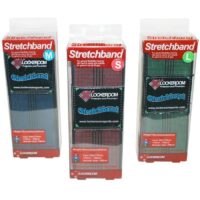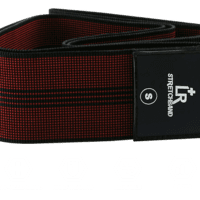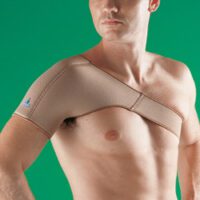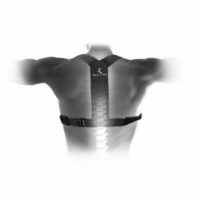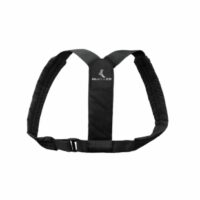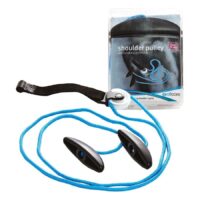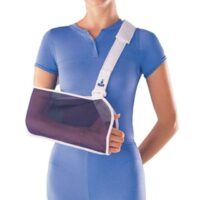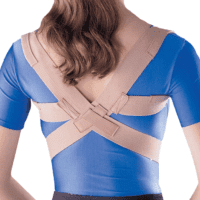Shoulder Arthritis

Shoulder Arthritis
Shoulder arthritis, also known as osteoarthritis, frequently leads to pain as you get older due to daily wear and tear on your joints. Overworking or injuring your shoulder heightens your risk of developing arthritic changes, although most commonly, age-related changes in joint tissues cause arthritis.
Typically, arthritis affects your glenohumeral or acromioclavicular (AC) joints. However, it can also present as rheumatoid arthritis, rotator cuff arthropathy, post-traumatic arthritis, or avascular necrosis.
Identifying Symptoms of Shoulder Arthritis
Shoulder arthritis may result in:
- Pain
- Stiffness
- Weakness
- Sensations of clicking, popping, or grinding
- Swelling and inflammation
These symptoms can severely affect your daily activities, particularly those involving lifting your arms overhead or moving them behind your back.
Diagnosing Shoulder Arthritis
To diagnose shoulder arthritis, healthcare practitioners use a mix of physical evaluations and medical imaging. If you’re experiencing persistent shoulder pain or related symptoms, your physiotherapist or doctor will delve into your medical history and assess your shoulder’s range of motion, strength, and any signs of swelling or tenderness.
X-rays are a common tool to confirm arthritic changes and its severity. Sometimes, more in-depth imaging such as MRIs, ultrasound scans, or CT scans are necessary for a comprehensive understanding of the condition. Getting a professional evaluation for an accurate diagnosis and treatment approach is essential.
Managing Shoulder Arthritis
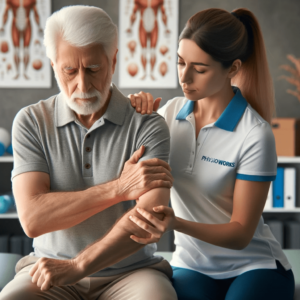
Various methods are employed to treat shoulder arthritis:
Exercise: Targeted exercises are the best method to manage pain, strengthen muscles, and increase joint flexibility. It’s important to begin slowly under the guidance of a physiotherapist.
Medication: Painkillers, NSAIDs, corticosteroids, DMARDs, or biologicals may be prescribed to reduce pain and inflammation and to decelerate the disease’s progression.
Injections: Corticosteroid or hyaluronic acid injections provided by healthcare professionals can offer temporary relief from pain and inflammation in the shoulder joint.
Surgery: The necessity for surgery depends on the severity of your symptoms. Options include arthroscopy, total shoulder replacement, or partial shoulder replacement. Despite their effectiveness in reducing pain and improving function, surgical procedures come with risks such as infection and the potential for ongoing pain.
Rehabilitation After Surgery
Post-operative rehabilitation is crucial for recovery, aiming to restore full shoulder motion, strength, and functionality. Under the supervision of a physiotherapist, this rehabilitation usually spans several months. Wearing a sling may be necessary initially to protect the healing area after surgery.
For personalised advice on post-surgical shoulder rehabilitation, it’s advisable to consult your physiotherapist.
Conclusion
In conclusion, shoulder arthritis is a common condition that can significantly impede daily activities and reduce quality of life. Recognising the symptoms early and seeking prompt medical advice are key to managing the condition effectively. A combination of exercise, medication, injections, and possibly surgery, followed by a comprehensive rehabilitation program, can help manage the symptoms and maintain shoulder function. It’s vital to work closely with healthcare professionals to tailor a treatment and recovery plan that aligns with your individual needs and lifestyle. With the right approach, it is possible to manage your arthritis effectively and enjoy a more active, pain-free life.



















